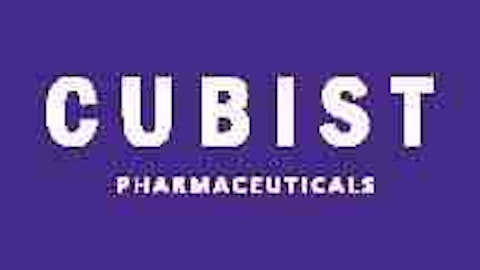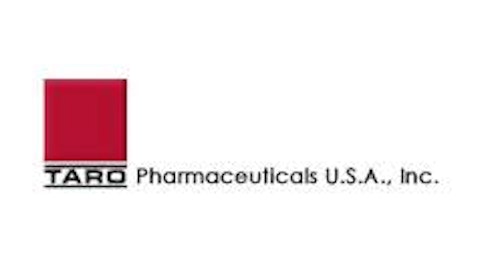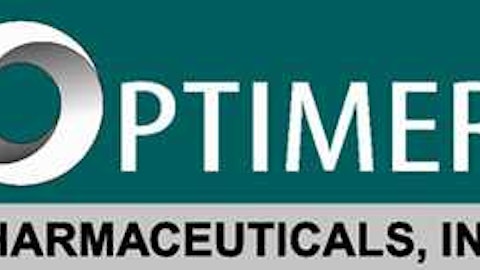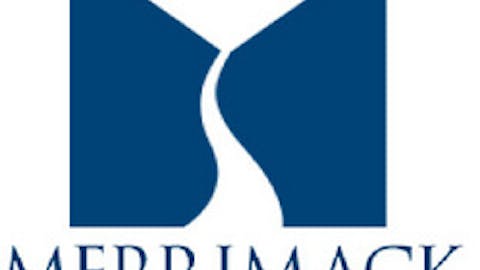Cubist Pharmaceuticals Inc (NASDAQ:CBST) surged 10% on July 31, after the company acquired two antibiotic makers, Optimer Pharmaceuticals, Inc. (NASDAQ:OPTR) and Trius Therapeutics, Inc. (NASDAQ:TSRX), to strengthen its drug pipeline. After that big rally, shares of Cubist Pharmaceuticals Inc (NASDAQ:CBST) now trade at 45 times trailing earnings, and are up nearly 45% over the past six months. Should investors sell into the stock’s bullish strength, or load up on more shares in anticipation for more robust growth in the future?
A closer look at Cubist

Last quarter, Cubist Pharmaceuticals Inc (NASDAQ:CBST)’s earnings declined 25% year-on-year to $0.54 per share, missing the consensus estimate of $0.42. The company attributed the top-line miss to a 52.3% surge in total operating expenses, primarily from higher R&D costs from growing its pipeline. Revenue rose 12.2% to $258.8 million, thanks to strong sales of Cubicin across the world. Sales of Cubicin rose 13.4% to $227.1 million in the United States, and 31.6% to $15 million in international markets. Combined Cubicin sales comprised 93.5% of the company’s top-line.
Sales of Entereg rose 27.6% to $12.4 million, while Dificid service revenues came in at $3.7 million. Therefore, with neither Entereg or Dificid making a significant contribution to Cubist Pharmaceuticals Inc (NASDAQ:CBST)’s top-line growth, the company needs new avenues of revenue growth. Cubist’s high R&D expenses were primarily used to diversify its product line with three important Phase III candidates: ceftolozane/tazobactam — for urinary tract and abdominal infections, Surotomycin — an oral antibiotic for “fatal diarrhea,” and Bevenopran — an opioid-induced constipation treatment.
Taking out the antibiotic market in one fell swoop
Cubicin’s patent protection lasts until September 2019, which could mean the end of the line for the company if it fails to bring more approved treatments to the market. In addition, generic medication maker Teva Pharmaceuticals, which already has a licensing agreement with Cubist to produce Cubicin, will only be one of many eager generic companies looking to manufacture the company’s best-selling antibiotic.
That pressure is the reason investors cheered the company’s decision to acquire Optimer Pharmaceuticals, Inc. (NASDAQ:OPTR) and Trius Therapeutics, Inc. (NASDAQ:TSRX) for $535 million and $707 million in cash, respectively. However, adding in the “contingent right value” (determined by drug sales milestones) of the two companies, the total deal could reach $1.62 billion.
Yet in that one fell swoop, Cubist has taken the lion’s share of the antibiotic market, and the combined company’s portfolio could provide up to four of the ten new antibiotics that the Infectious Diseases Society of America believes the world will need by 2020, according to CEO Michael Bonney.





